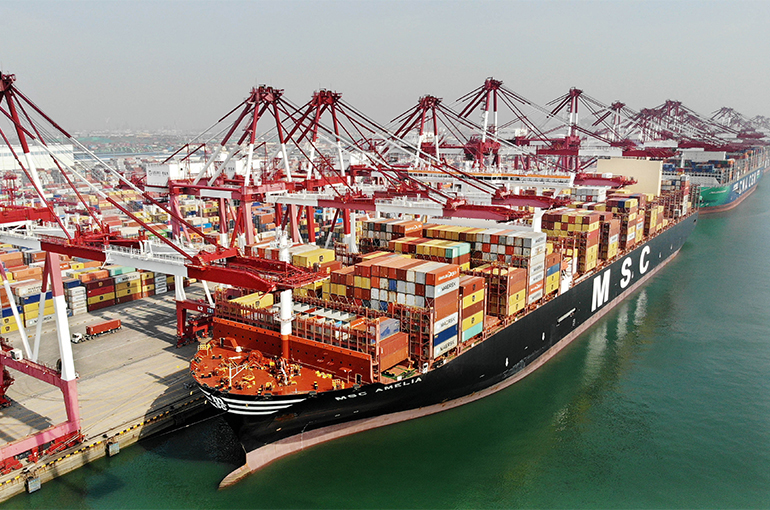 Soaring Land Prices, Other Hurdles Complicate Chinese Manufacturing Shift to SE Asia
Soaring Land Prices, Other Hurdles Complicate Chinese Manufacturing Shift to SE Asia(Yicai) Nov. 20 -- In anticipation of further US tariff hikes, Chinese manufacturers are stepping up their shift to Southeast Asia, but face soaring land prices and other challenges, particularly in popular investment destinations such as Vietnam and Thailand.
Monthly rents for industrial land in Vietnam have surged to over USD4 per square meter, about double that in China, according to Li Lizhong, marketing director at Yueli Electrical. He said rents near Ho Chi Minh City now exceed USD120 per sqm, surpassing comparable rates in China.
Based in China’s Zhejiang province, Yueli makes hair dryers, shavers, and other personal care electronics for European and American brands. In response to the changing trade environment, the firm has nevertheless chosen a site in Vietnam to build a 10,000-sqm plant this year.
While Vietnam's infrastructure and industrial chain are not as good as China’s, the cost of manufacturing in the country is higher, Li pointed out.
Due to Vietnam’s high land prices and the possibility that more countries will be affected by US import tariffs, some small appliance manufacturers in Yueli’s home city of Cixi are considering to set up factories in other Southeast Asian countries such as Thailand, Indonesia, Malaysia, and Cambodia, he said.
But as foreign direct investment has increased, land and factory prices in Thailand have surged by about 50 percent in the past eight months, according to Liu Liang, president of Welly Electrical Appliances, a Guangdong province-based maker of washing machines, microwave ovens, and ice cream makers.
Places in Thailand’s national industrial parks, which offer export benefits, are now in short supply, Liu noted.
Welly, which had CNY3.5 billion (USD483.3 million) of revenue last year with 90 percent of its products exported, spent CNY150 million (USD20.7 million) on a new Thai plant at the request of an American client. The facility’s trial production of ice machines was completed last month.
Liu said the US government has imposed a 25 percent tariff on China-made ice and ice cream makers, with a potential increase to 60 percent looming. To mitigate these risks, Welly is preparing for long-term production outside of its native land.
In addition to rising land prices, other operational costs in SE Asia also present hurdles. While blue-collar wages in Thailand are roughly half of those in China, there is a notable skills gap and factory management efficiency vary, Liu noted, adding that China has a more mature supply chain for home appliances.
In its first year, Welly’s Thai factory is expected to incur costs about 10 percent higher than plants in China. To address this, the company has sent 20 key employees who specialize in production, technology, finance, and management to improve its efficiency and ensure product quality.
Liu projected that within two to three years, the cost gap between the Thai and Chinese plants will narrow to just 2 percent to 3 percent, with the potential for parity in the long term.
Editors: Dou Shicong, Emmi Laine